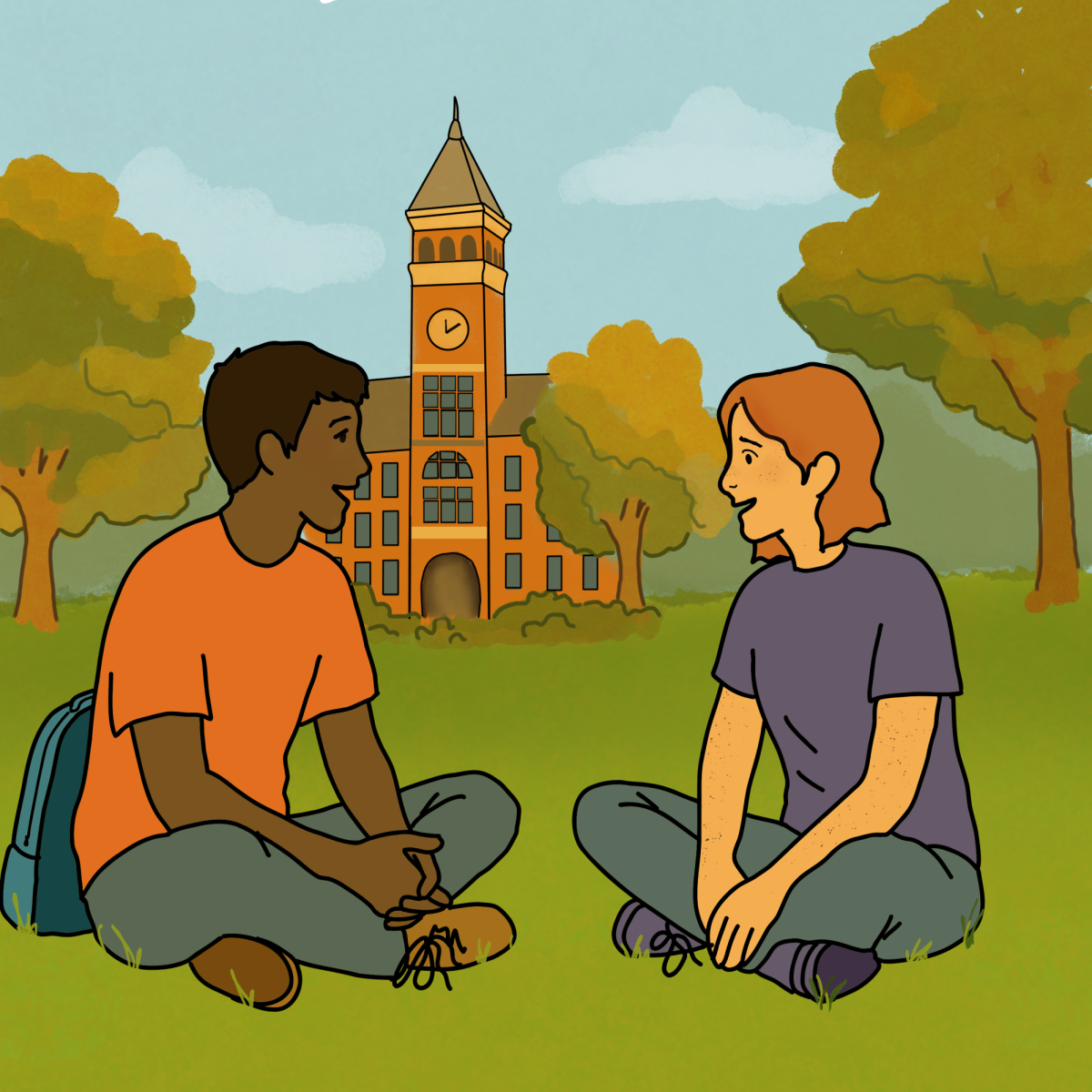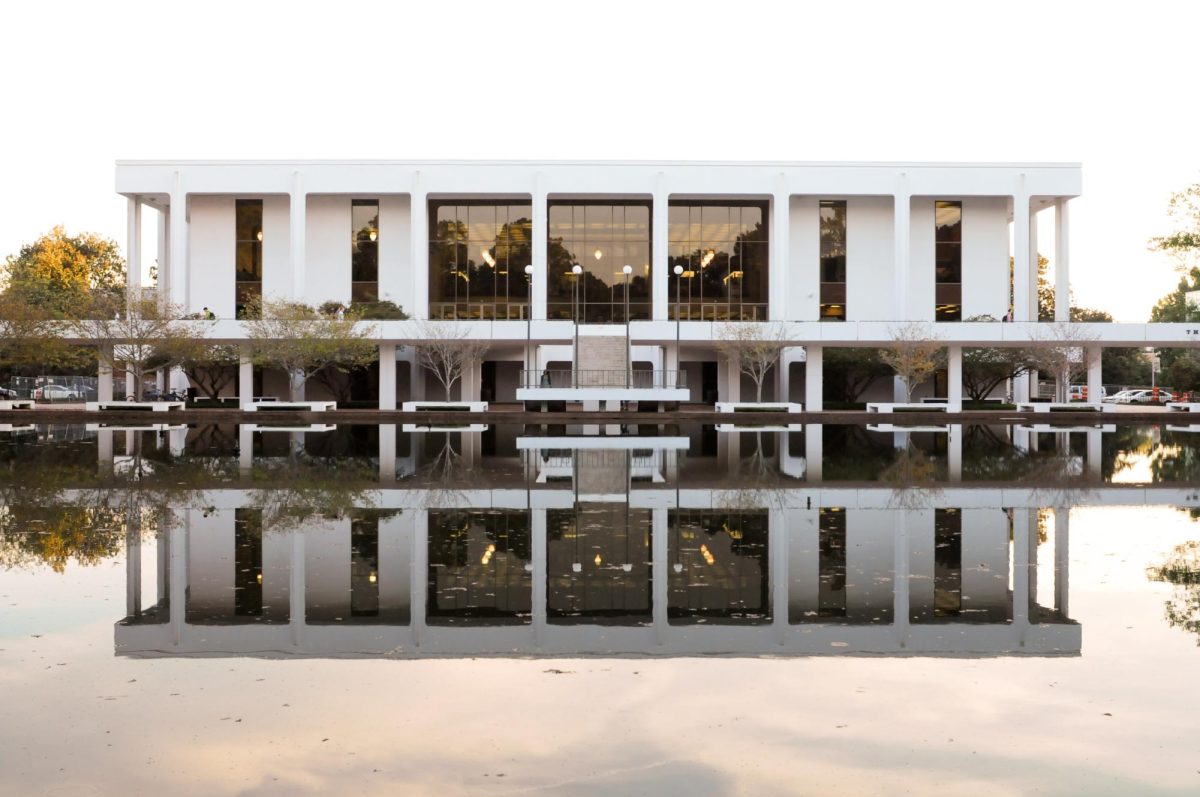Our culture treats university not just as an education, but as a lifestyle. At Clemson, our massive student centers, football culture and most potently the idea of the Clemson family serve as our best recruiting tools. Attracting students on lifestyle appeal is not unique to Clemson.
Harvard’s admissions homepage declares Cambridge to be “America’s college town,” while University of Southern California pledges applicants the “lifelong support of the Trojan Family.” In theory, there is nothing wrong with touting the lifestyle benefits of a school. However, the shifted interest and corresponding investment in student lifestyle detracts from student learning — a trend that, along with skyrocketing tuition, is hurting students and academia.
College applicants have come to expect schools to have certain extracurricular perks, be they state-of-the-art fitness centers like Fike, massive student centers like Hendrix or well-funded student activity boards like ClemsonLive. As a result, universities that are competing for high-level applicants pour money and attention into the administration and infrastructure which bolster student life but not classroom learning.
According to a report by the Delta Cost Project, while the amount spent on instruction per student is still more than the amount spent on student services, from 1998 to 2008, instruction spending increased 10.1 percent while student services spending increased 20.1 percent. Universities are also facing huge administrative bloat — between 1993 and 2009, the number of administrative positions at universities grew at 10 times the rate of faculty positions.
In a recent New York Times editorial, Paul F. Campos, a professor at the University of Boulder, pointed to administrative expansion — necessary for the improvement and maintenance of student services — as the driving force behind soaring tuition costs.
The problem is that every dollar spent on student life and the administrative expansion it necessitates is a dollar not spent hiring new faculty or expanding academic programs. At Clemson, certain departments are so understaffed that courses required to graduate are rarely offered within 4 years.
But the phenomenon is nationwide — the costs of college have quadrupled while full time faculty positions disappear. As more people than any other generation enter college, student bodies are swelling while the number of tenured faculty positions remain stagnant. This is a huge disservice to students for whom a dynamic professor often makes the difference in choosing a career path or exploring a passion.
Worse, our societal obsession with college lifestyle pushes high school seniors to make unwise financial decisions when choosing which school to attend. A university education, an expensive endeavor, should mean carefully considering the programs offered and their benefits. But seniors are no longer just shopping for an education — they are shopping for a home.
Students with unclear ideas of what they want out of college feel the need to choose schools based on vague measures of “fit,” which, when translated through recruitment pamphlets and events, comes across as student culture and extracurricular activities rather than academic programs. The focus on student lifestyle often pushes seniors to take on crippling debt for the sake of attending an expensive school with the right culture, rather than a school with the right academic program.
This trend affects lower-income students disproportionally, who are less likely to have access to informed college counseling, relying instead on recruiters and societal perceptions of what college should be. When loans are necessary for these students, whether they choose universities in state, out of state, public or private, many naively chose the higher priced option because “what’s more debt anyway?” These students are also less likely benefit from a school’s extracurricular perks — the need to work a part time job cuts away time that other undergraduates spend taking advantage of enrichment programs, and rising tuition costs threatens low-income students’ access to higher education the most.
The ultimate irony is that the focus on student lifestyle is often part of a well-intentioned effort to improve universities for students. Many of these programs are created to make higher education more enjoyable and inclusive. Yet as they shift focus away from academics and add to the costs of tuition, they harm the very students they were envisioned to serve. At Clemson, fighting against this trend will be unpopular and difficult. It means pushing donors to endow faculty positions rather than fund projects like the football stadium’s oculus. It means scheduling football games around academics rather than canceling class for home games. However, if academics can reclaim the university, we stand to gain a more financially accessible and rigorous higher education.







